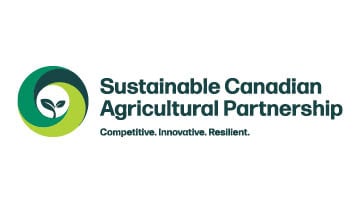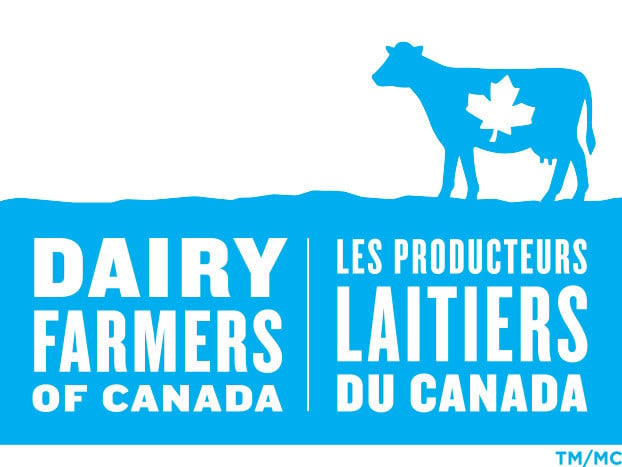Dairy manure and crop management practices to improve soil health and carbon sequestration
Ongoing

Project Overview
Applying manure to agricultural soils can enhance sequestration of carbon and deliver nitrogen and other nutrients, reducing reliance on synthetic fertilizers. This can help combat climate change by removing atmospheric carbon dioxide and boosts soil productivity without costly inputs. However, soil carbon sequestration and nutrient availability following manure application are influenced by factors like temperature, tillage practices, and crop selection. An integrated approach is essential to understand the long-term effects of dairy manure application on environmental health, soil productivity, forage quality, farm economics, and food sustainability.
The overall objective of this project is to establish long-term carbon sequestration values for various manure application practices and identify management practices for improving soil health and reducing synthetic fertilizer use. This research aims at improving Canadian dairy farms’ sustainability and resilience against climate change through improved soil health and carbon sequestration.
What Will the Research Team Do?
The research team will conduct; (i) soil sampling and analysis to quantify the trends of soil carbon and nitrogen from a long term forage and cereal crop experimental site; (ii) soil sampling and analysis to evaluate carbon sequestration, nutrient leaching, and soil productivity on a long term site in which dairy manure and fertilizer are applied to perennial grass; and (iii) a field experiment with small farm replicates to evaluate different strategies for fertilization of grass and corn crops using an integrated assessment including economic and life cycle analyses.
The objectives of this project are to:
- Quantify the long-term effects (25+ years) of dairy manure and fertilizer applications to perennial forage grass on soil carbon sequestration, soil health and regeneration, forage production, and environmental sustainability for two contrasting Canadian dairy production regions.
- Develop and assess multi-year (6-10 years) best management practices for corn and forage dairy feed production.
- Integrate precision nutrient management and advanced cropping systems to improve soil health while improving farm nutrient balances, reducing environmental losses, and improving farm profitability.
Principal Investigators
Derek Hunt
Agriculture and Agri-Food Canada (Agassiz)
Jean-Thomas Cornelis
University of British Columbia
Co-Investigators
Shabtai Bittman
Agriculture and Agri-Food Canada (Agassiz)
Charita Jayasinghege
Agriculture and Agri-Food Canada (Agassiz)
Kirsten Hannam
Agriculture and Agri-Food Canada (Summerland)
Edmund Mupondwa
Agriculture and Agri-Food Canada (Summerland)
Jean Lafond
Agriculture and Agri-Food Canada (Normandin)
Karen Koenig
Agriculture and Agri-Food Canada (Lethbridge)
Zhiming Qi
McGill University
Key Words
- Dairy slurry, living lab, climate change
Period: 2023-2028
Budget: $642,100
Last Updated: June 17, 2024
Note: As per the research agreement, aside from providing financial support, the funders have no decision-making role in the conduct of the studies, data collection, and analysis or interpretation of the data. Researchers are independent in conducting their studies, own their data, and report the outcomes regardless of the results. The decision to publish the results rests entirely with the researchers.

